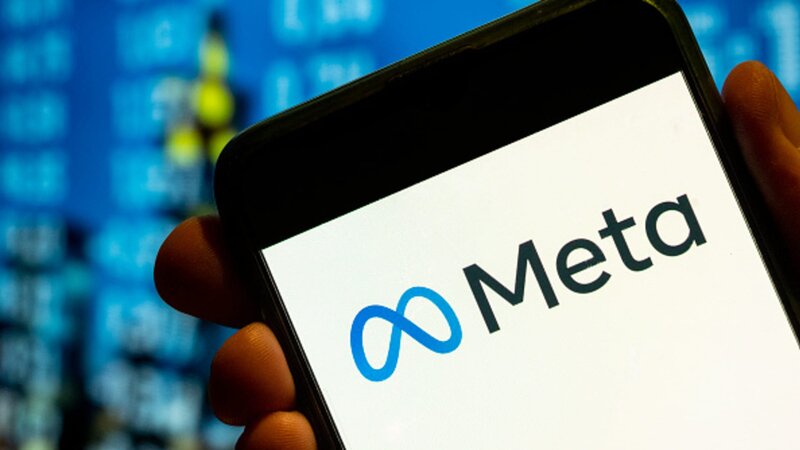
The world of digital communication is changing very quickly.
Meta, the parent company of big platforms like Facebook and WhatsApp, is
stepping up to meet the new challenges that the laws of the European Union
bring. In line with the EU's Digital Markets Act (DMA), the company is now
focusing on message connectivity. This is a big step forward in both the
technology and communication fields.
The most important thing about sharing is that it can remove
the obstacles that users face when they want to leave a big tech company. This
change will likely completely change how we talk to each other by letting us
use multiple chat apps together without any problems. This project not only
lets users choose which platform to stay on, but it also lets them use new
platforms that might offer better privacy, security, or new features.
But getting different services to work together isn't always
easy, especially when it comes to private chat. End-to-end security in services
like WhatsApp and iMessage needs to be kept safe at all times. Strong
encryption must be kept alive at all costs because it is a key part of
protecting human rights like freedom of speech and privacy from unauthorized
monitoring.
Technically, there are two main ways to make two or more
systems work together: using a standard protocol or open APIs to let third
parties join. There are some problems and things to think about with each
method.
For example, a shared protocol could make sure that all
systems work the same way, but the different ways that different services apply
protocols can make standardization harder. On the other hand, open APIs are a
better short-term answer, but they could be bad for security and big platform
providers, who are sometimes called "gatekeepers," might not want to
use them.
There are also important social factors in this situation.
It's important that users like and trust different sites. For instance, some
users might stay away from certain platforms because they worry about their
privacy or because they have ties to certain groups or states.
To sum up, the EU's push for openness under the DMA is a
positive step toward giving users more choices and encouraging competition in
the message platform market. Getting this done without hurting security or user
trust, on the other hand, is hard and subtle. It requires a careful balance
between what is technically possible, what is best for users, and what is safe.
It's clear that getting to interoperability isn't just a
technical trip; it's also a political and social one that needs cooperation,
new ideas, and a deep understanding of user rights and needs.
We at Great SMM know how important it is to stay ahead in
the digital world. Our SMM services are designed to help you handle these
changes well. We hope you'll check out what we have to offer and join us in
welcoming the future of digital business and conversation. Come see us at Great
SMM to learn how our services can help you improve your online visibility in
this new age of messaging apps that are all connected.